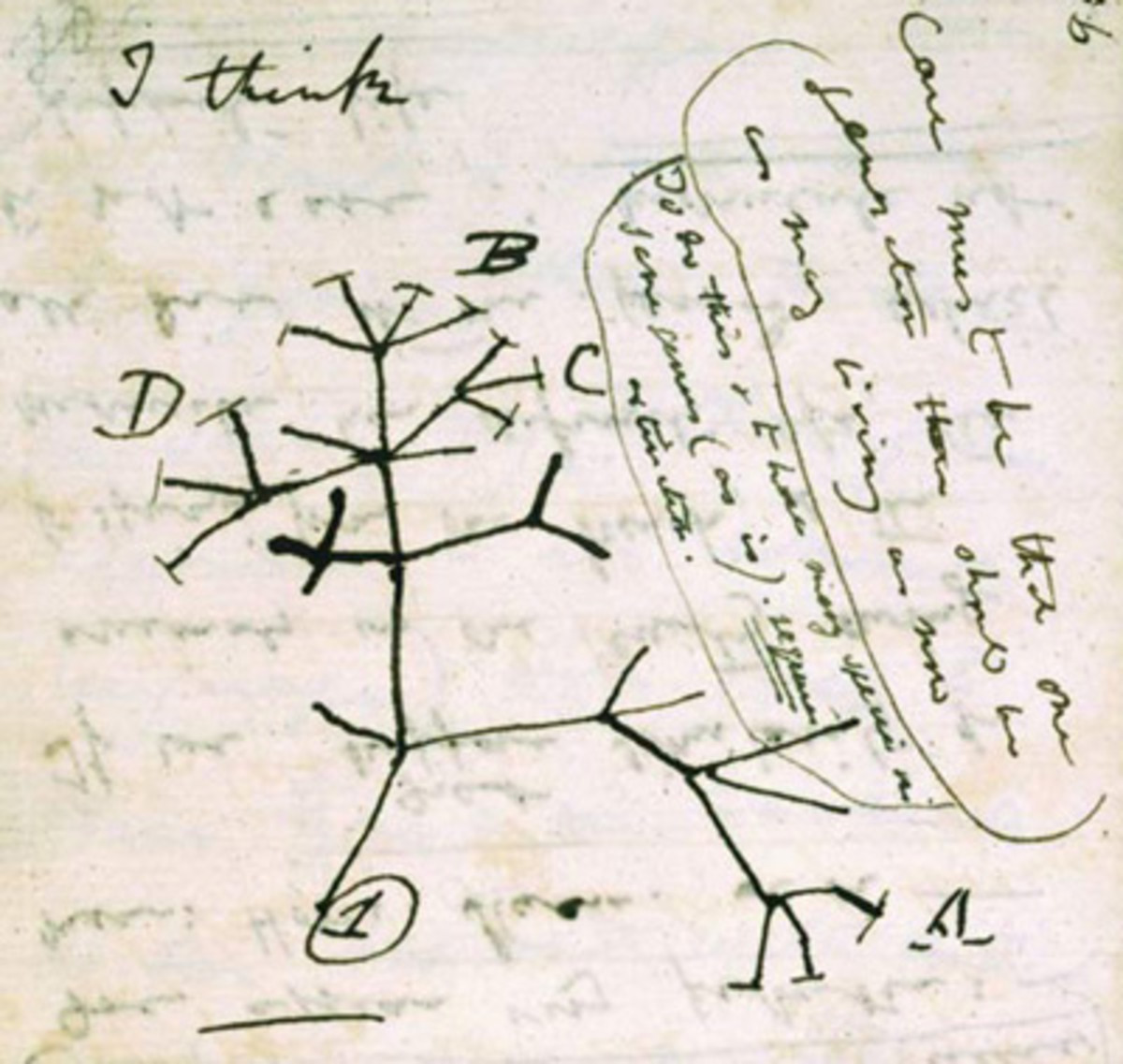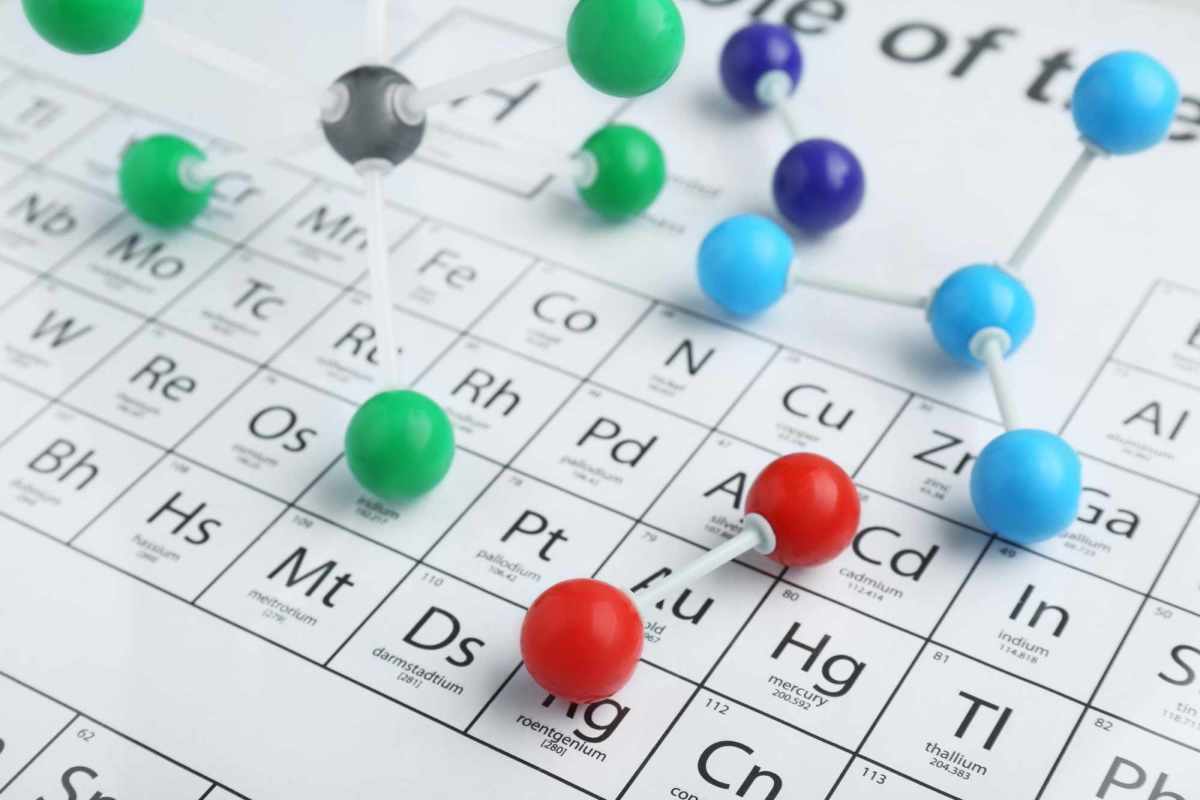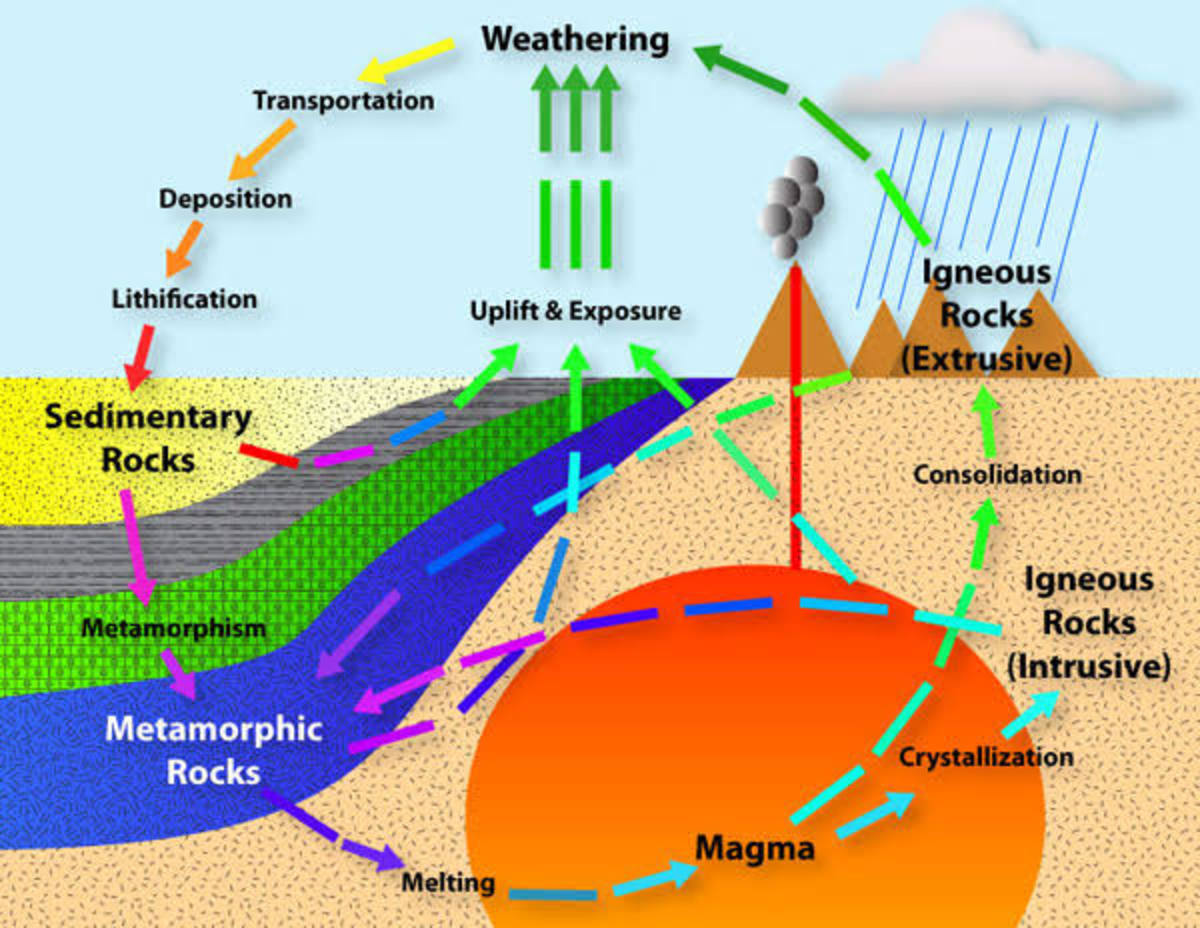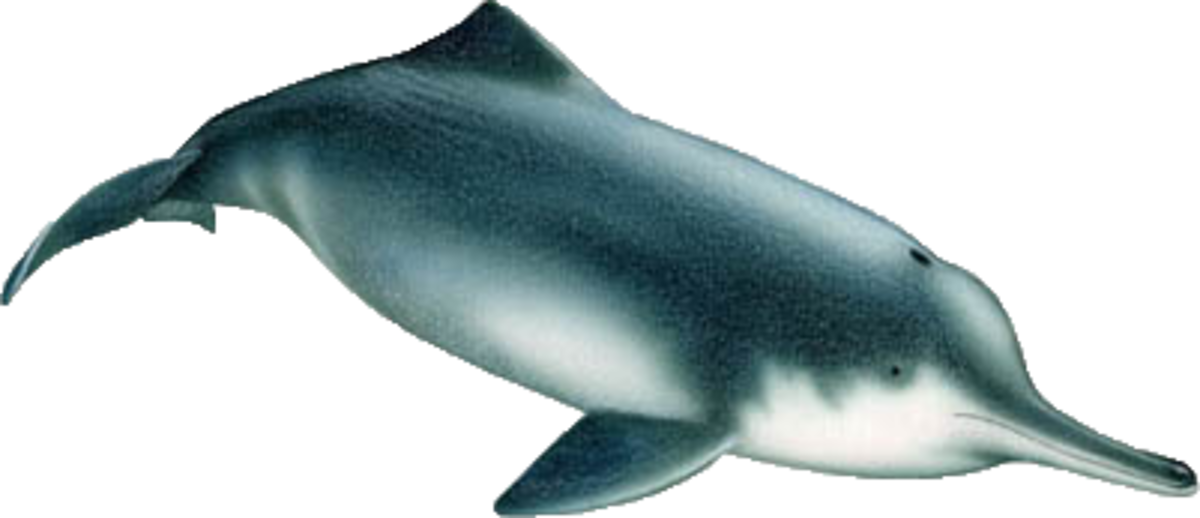Human Cloning and The Society
Cloning is the process of making identical copy of an organism. It can be natural or artificial. Natural cloning is the asexual reproduction of simpler organisms like bacteria, insects or plants which copy themselves and make identical unit, while artificial cloning is the copying of genetic material, preformed by the scientists in laboratories. Donor organism and clone have the same genetic material – the same order of DNA’s nucleotides. As the scientists have discovered, all the information about the organism are stored in every cells’ nuclei. Nucleus contains chromosomes which are built of DNA and proteins called histones. Arrangement of bases on the deoxyribonucleic acid defines all characteristics of an organism. Every at least three bases define one characteristic. All cells of the same organism have the same genetic material, and some is active in some cells and some is inactive in other, depending on the function of the cell. Therefore, isolating genetic material can be done by taking just one cell because it contains all information about organism. Genetic engineering techniques, which include locating, isolating, modifying and transferring genetic material, are used for artificial cloning. The most popular genetic engineering technique is nuclear transfer, mostly because it was used for cloning the mammal which introduces possibility of human cloning. Human cloning, officially never preformed, which is possible by the nuclear transfer, has many advantages and even more disadvantages, but it would certainly change today’s society from the basis.
The nuclear transfer is form of cloning that was used in many cases for copying different kind of living organisms. It is process in which DNA from an unfertilized egg is removed and nucleus (with DNA which carries genetic material) is injected in that unfertilized egg. Then, the egg is placed in the uterus of the mammal and from that egg, new organism develops. That organism has identical genetic material as the donor and it is its clone. That procedure showed to be very successful and it was preformed on cloning of many species and the most famous cloning of the Dooly the Sheep. The nuclear transfer is used in two distinctive processes – reproductive and therapeutic cloning. Reproductive cloning is the cloning which purpose is to create new organism by copying genetic material and it uses process of nuclear transfer. Therapeutic cloning is similar process which purpose is not to create new organisms; it is rather to cure some diseases or to produce new organs for transplantation in case of organ failure. By nuclear transfer, scientists succeeded to develop new cells and organs instead of whole organisms. They activated just genes for one type of cell. Nuclear transfer is very sophisticated process and it is considered that it can be used for human cloning, mostly because of it success with cloning other mammals.
Human cloning is creating of new human being with identical genetic material to the original. It refers only to artificial cloning, although identical twins also have the same genetic material. Artificial human cloning is officially never done, although there were many attempts for that. The most successful attempt was by group of South Korean scientists led by Woo Suk in 2004, who implanted egg with donor nucleus (process of nuclear transfer) in a woman. They succeeded to develop human embryo to the level of blastocyst (embryo with hundred cells) and to form eye, muscle, and bone and cartilage tissue. They did not succeed to develop whole new organism. Science will need to develop more in order to clone human organism. It is also limited by the laws in most of the countries which prohibits human cloning and experimenting on humans. However, some countries allow cloning only in purpose of researching, but not in purpose of reproductive cloning. Many ethical debates have been actuated about cloning and some approve it because of its advantages while some reject it because of the potential risks and consequences that can influence the society.
Science which continues to work on development of human cloning interacts with many social aspects, but the most important is ethical. Although many see human cloning as unethical and socially destructive, it would have plenty of advantages. One of the major is possibility of treatment of different kind of diseases. Human cloning would provide us chance to produce new healthy organs completely identical to ill. They would replace them and organism would perfectly accept new organs. That would make transplantation from person to person unnecessary and persons with sick organs would not have to wait for organ and after transplantation, organism would accept new organ for sure. Also, some heritable disease could be cured and mutation in cell could be fixed. Diseases like Parkinson’s or hemophilia would be curable. Human cloning would introduce series of researches about cancer and finally, there would be possibility to cure this, today incurable disease. Beside healthful, cloning would also have benefits on environment. Many extinct species, whether they are plants or animals, could be renewed by cloning or endangered could be saved. Cloning would provide possibility to expand some species for very short period. These are some advantages of cloning in general and human cloning and therefore cloning in this purpose should be accepted and approved.
Human cloning has rather more disadvantages than advantages because of its impact on the society. Human cloning would primarily negatively affect social relation between people. People would want to make clones of their dead relatives or to make their own clones. Cloned person would have the same genetic material, but it would never be the same as original, because external factors, like nurture, education, experience etc. influence on that person. That would harm family integrity a lot and destroy family relations. Although, clone would never be same as the original, it could undermine individualism of original, mostly because of similarity and the same predispositions. Society and human relations would be totally disrupted and harmed. Beside that, many people and I personally consider that human cloning is unethical. It is unmoral to take organs of one living person (even if it is clone) to transplant to other. Cloning in general and especially human cloning is considered to be playing of God, because scientist decide what will the new organism or human be, and therefore cloning has been rejected by the most of world-wide religions, ahead with Catholic Church. Some claim that cloning is not playing God because cloning is rather copying than creationism which is God’s ability. Nevertheless, scientists still are deciding about characteristics of clone which is unethical to the religious point of view. These are just some factors negatively affected by the cloning and therefore, human cloning should be banned.
As we have seen, science is constantly working on the development and improvement of human cloning. Human cloning, although has some benefits on the society, health and environment, has more disadvantages which I explained above and therefore it should be banned. Cloning, in purpose of protecting environment or curing diseases should be approved, but constantly under control. Copying whole human organisms is extremely unethical and unnatural and can cause fatal effects on the society and relations between people. In those terms, science should be limited because it could cause more problems than it could solve. Nowadays, it is limited by the laws based on the ethics and moral; and human cloning should stay forbidden.








